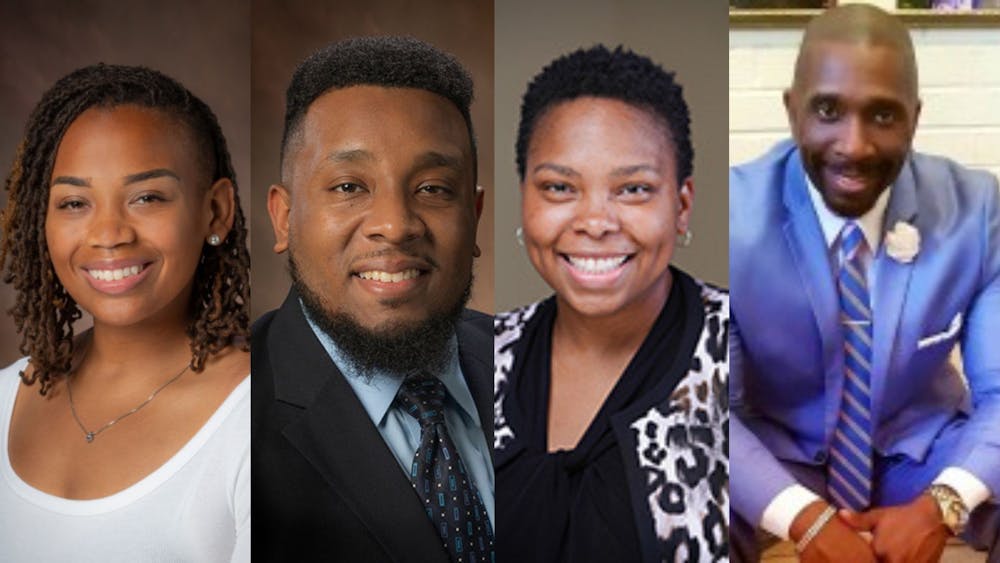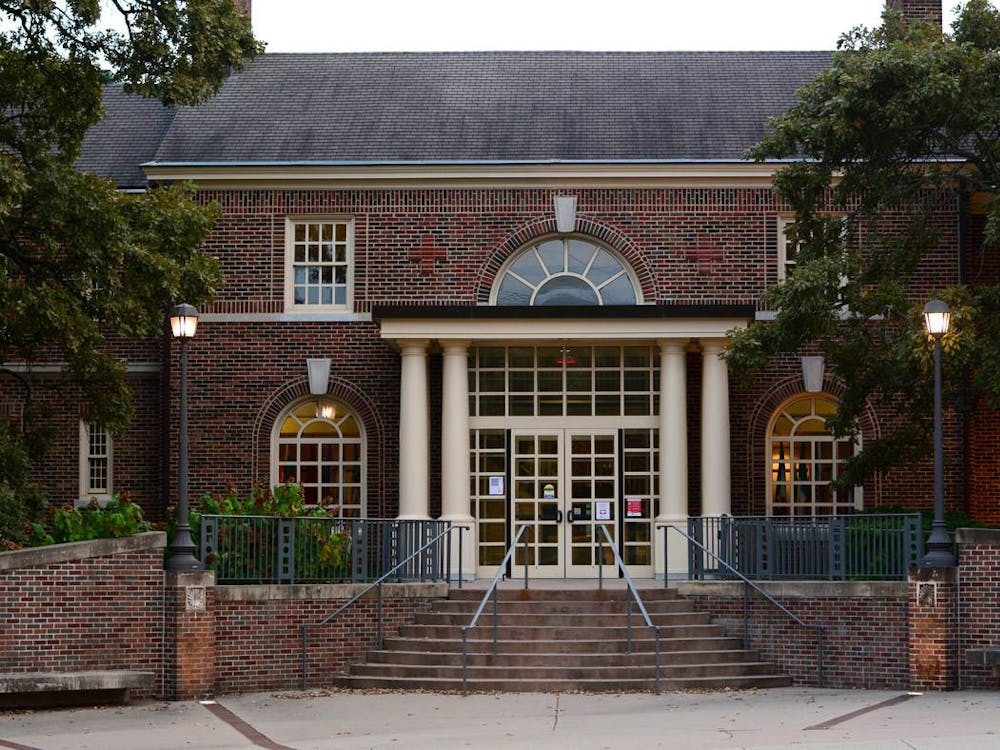On Thursday, Feb. 9, Miami University’s Office of Institutional Diversity and Inclusion (OIDI) hosted a virtual Black Love Panel, aimed to promote conversations about important dynamics within relationships in the Black American community.
Morgan Moore, assistant director of sexual and interpersonal violence (SIV) outreach in the Office of Student Wellness, moderated the event and worked closely with OIDI to organize it.
The panel featured three speakers, all of whom are Black faculty members at Miami: CaTia Daniels, proposal and contract specialist in the Office of Research and Innovation; Victor Jones, associate director of professional development in Farmer School of Business; and Andre DuBois, assistant director of career fairs and special events in the Center for Career Exploration and Success.
After introducing the panelists, Moore explained what Black love means to her.
“When I think about Black love, I think of a love beyond romantic love,” Moore said. “Black love is beautiful, and it is a catalyst that has birthed movements, songs, dances, poetry and revolutions.”
Moore added that Black love is more than loving Black people, but involves the care and actions you take to show that love.
Daniels said she shows Black love differently to different Black people, whether it be through quality time, physical touch or words of affirmation.
“I don’t like cuddling, but for my kids, I shower them with it because that’s how they need love, and I pay attention to how they need love,” Daniels said. “I just love people how they need to be loved.”
DuBois said part of showing Black love to his children is preparing them for the realities Black people face in their day-to-day lives. Certain behaviors, he said, that are acceptable for white people could put his children in dangerous situations.
“I love them enough to tell them the truth. The icing has to come off the cake, I have to prepare them,” DuBois said. “It’s my job to prepare them to be successful, self-sufficient, independent, God-fearing reliable citizens as best they can in this society that’s built against us.”
Jones said he cultivates Black love in his family by being a positive role model and by dismissing traditional norms of masculinity.
“They know they can come to their father and it’s not just a harsh, abrasive type of reaction,” Jones said. “It’s not a stone wall. He’s emotional, and he’s going to provide wisdom as well.”
Enjoy what you're reading?
Signup for our newsletter
Each of the panelists discovered the importance of Black love at different points in their lives. For DuBois, being introduced to the idea helped his self-esteem as one of the only people of color in his grade school.
“Sometimes, when I’m walking around and I’m the only person of color, it can make me feel a little bit insecure or maybe less worthy,” DuBois said. “But I think that has to do with the lack of knowledge of knowing who you are.”
After positive role models in his life, such as his aunt, provided DuBois with books about Black history and culture, he said it became easier to understand Black love.
Daniels said her time working as an associate at Walgreens made her realize how easy it is for people of color to feel invisible. Now, she shows Black love by making sure no one she interacts with feels that way.
“I always come in with a smile on my face, to try to be personable. I just try to show more happiness wherever I go because it spreads,” Daniels said. “I think that’s what helps push us forward. It’s always the smallest thing that we don’t know can help somebody.”
Jones began to understand the importance of Black love in 2014, after the killing of Michael Brown flooded national news. At work none of his team, all of whom were white, said a word to him.
“I had to go to another part of the building to find the only other Black person, and we just hugged,” Jones said. “That was the moment everything shifted, because no one else really gets it when you’re having these moments.”
After the panel, Moore said she hoped attendees left with a better understanding of how to love people of color.
“[When loving someone] from a minority group you have to think about the ways their lives are affected and care for them in those ways,” Moore said. “We’re trying to expand the definition of what it looks like to love somebody and truly understand and hear them.”
Moore said she also hopes that Black attendees not only gained a better understanding of their relationships with others in their community, but with themselves as well.
“I really hope that it conveyed to our students to be proud of their Blackness no matter what,” Moore said.




